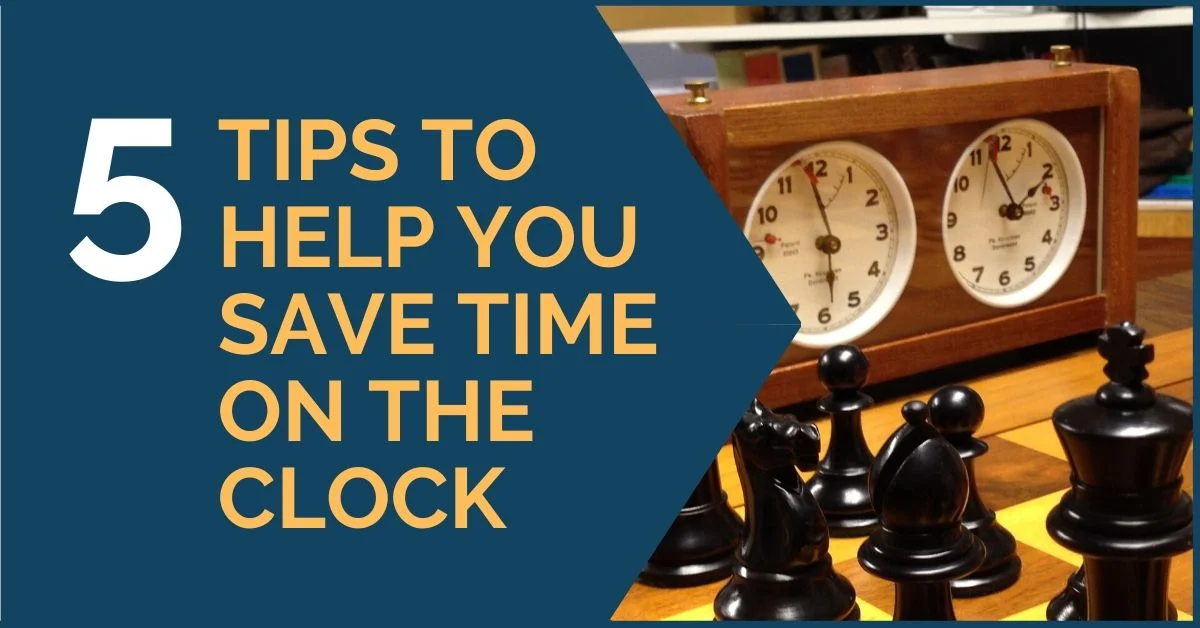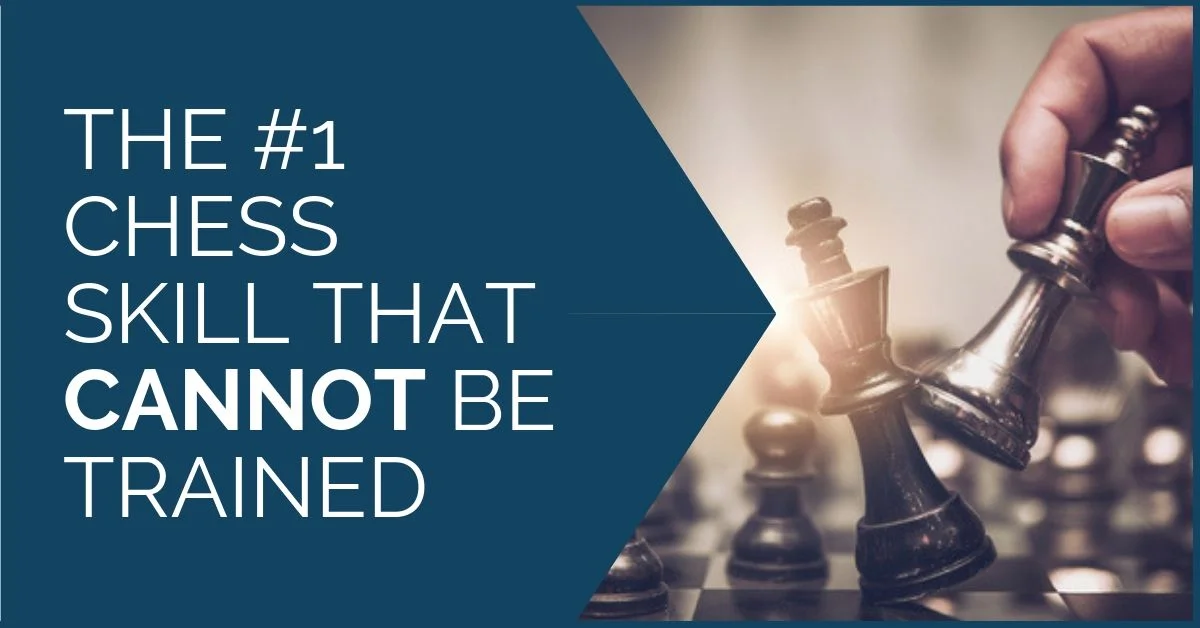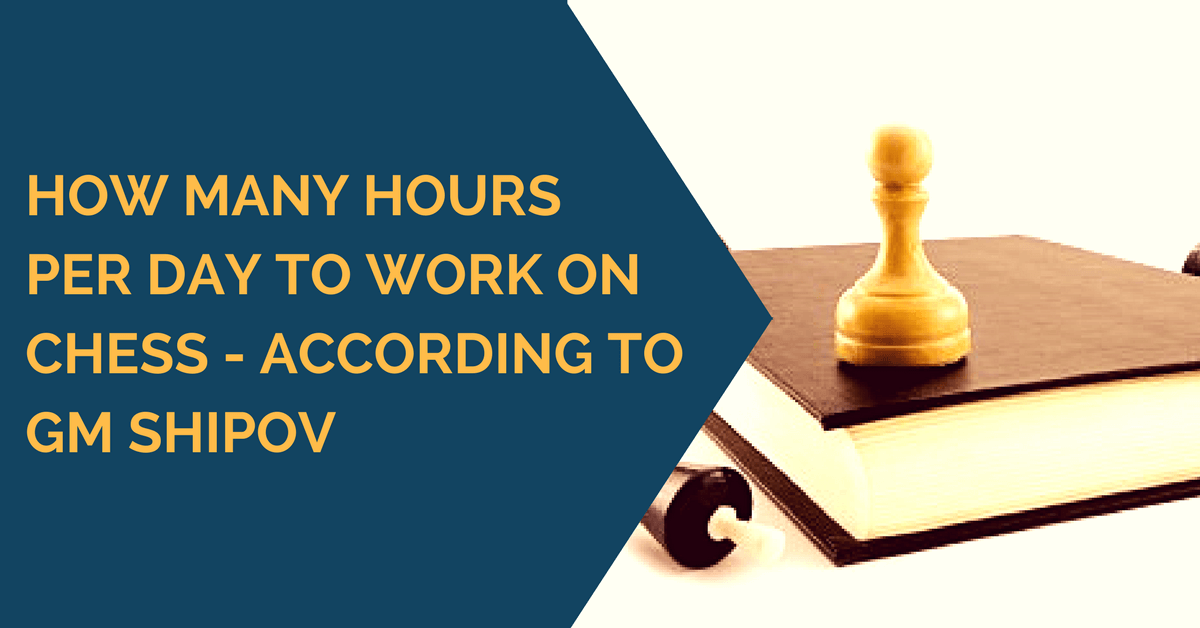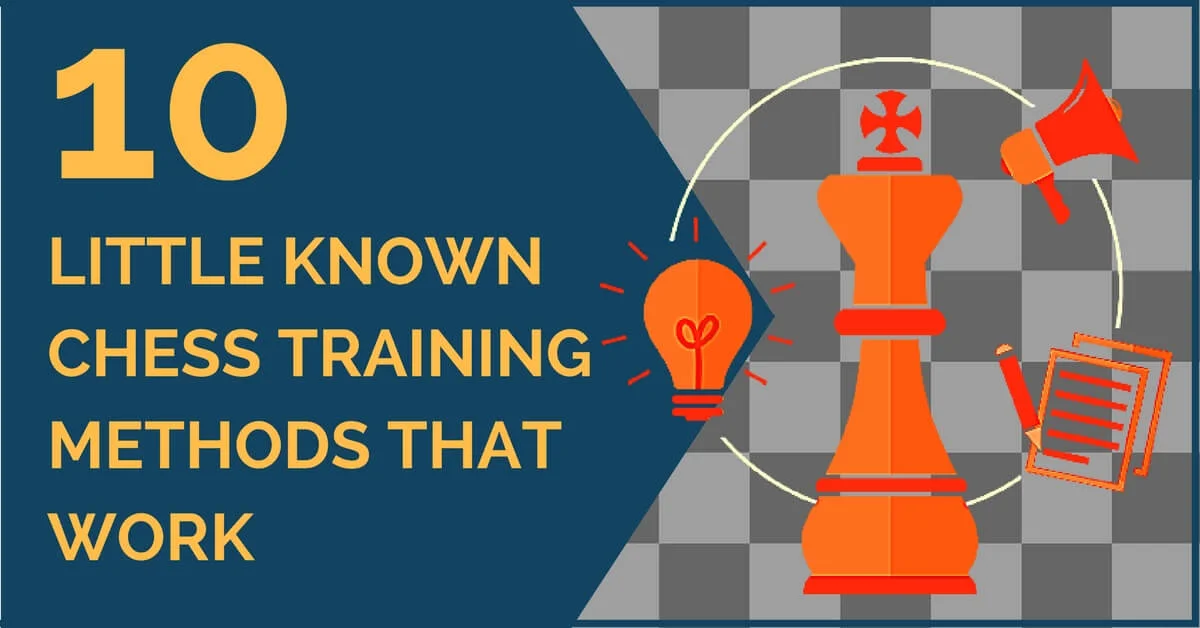5 Tips to Help You Save Time on the Clock

Playing well and having a good chess understanding is what every chess player is looking for. However, when it comes to practice this is not the only thing that matters. While when you are training there is no time limit on the exercises you solve and the themes that your learn, during a tournament you have a very stressing piece of equipment at the side of the board – a chess clock. This means that even if your play is good, bad management of the time you spend on your moves will eventually lead to time trouble when bad moves can easily happen.
There are players who play well under pressure, with the most notorious example being the top Grandmaster Aleksander Grischuk, for whom playing with little time on the clock is usually normal, but even for him, things have not gone totally smooth. The best thing to do is to avoid such situations and save time for the important moments of the game when you will surely need it.
There are players who don’t normally get into time trouble, but if you are not one of them, here are some useful tips that can help you solve this issue in your future games:
1.Know your openings
This may be obvious, but it is amazing how many players spend half of their time or even more on the first 15-20 moves when they should still be on theoretical grounds. The main reason for this is that they are our of book or don’t know the lines well and try to remember the moves over the board. This is usually even more dangerous than the first situation, but none should happen ideally. Study well your openings and make sure you know your lines.
2.Study your opponent’s games and decide on the opening before the game starts
This is the second reason why some players spend more time than they should in the opening. If you have a wider opening repertoire and you need to decide what you are going to play, it is best to do so beforehand and (almost) blitz out the moves when you get to the game.
3.Know when to think
Not every move requires spending a lot of time and not every move requires calculation. This is perhaps one of the common mistakes club players make – trying to calculate every move, even if it’s not necessary. Some positions can be played by strategic concepts, which involve very little calculation – just make sure you don’t blunder anything and you’re usually good to go. Learn to recognize these moments and you will save yourself a lot of time on the clock.
4.Don’t over-calculate
When you get to a moment where you do have to calculate, it’s important that you don’t over-do it either.
What do we mean by that?
If you see sacrifice, for example, it’s only normal that you start calculating. Make sure you take into account all your opponent’s answers, but you don’t have to calculate until mate either. If after a few moves you see that you win material or you assess that your attack is devastating, there’s no need to calculate another 10 moves ahead. Don’t stop too soon in a calculation, but know when to stop too.
5.Play training games
Sometimes bad management of the time is simply due to being out of shape. If you haven’t played in a while, it is normal that you over-think your moves and tend to get into time trouble. To avoid this, it is a good idea to play some training games before your tournament. It can be rapid games online or with a friend, but make sure you get back in touch with chess before your competition.










Comments: